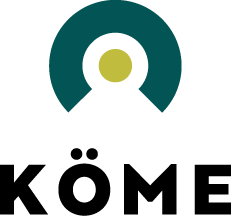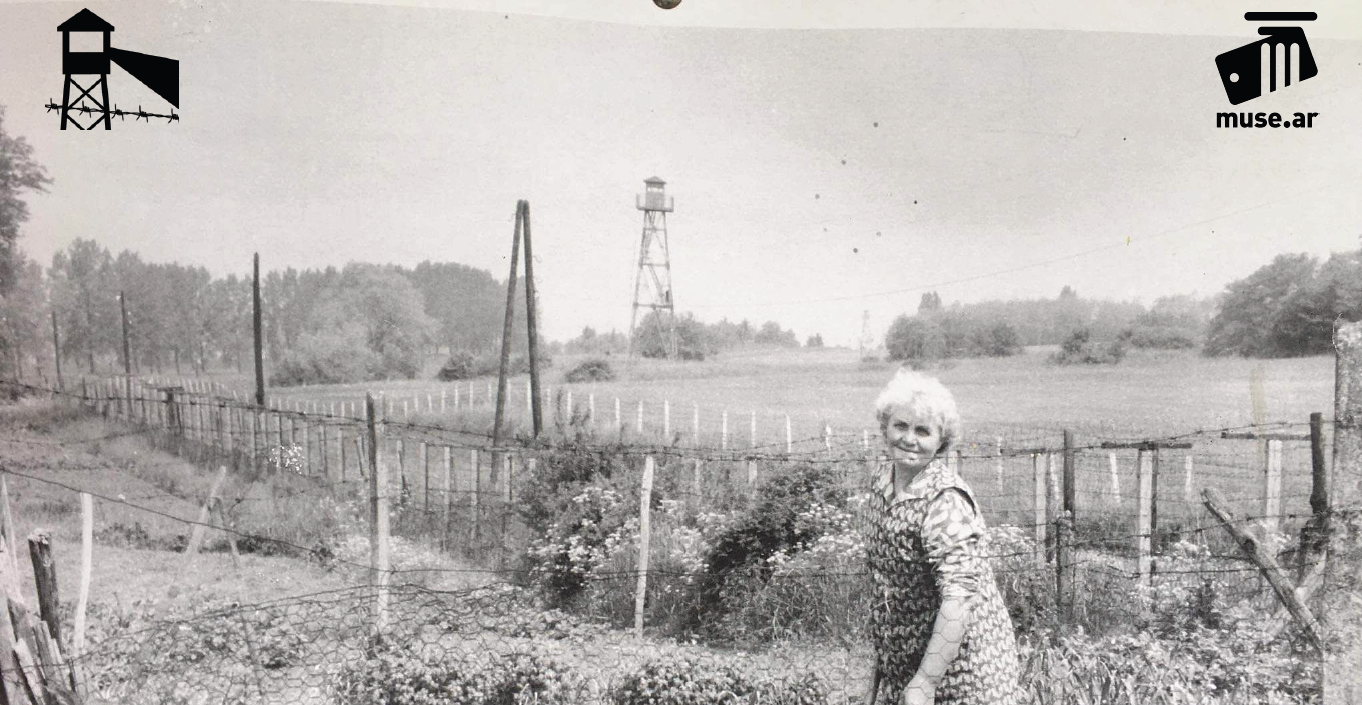The certified Interpret Europe trainers (CIT) of KÖME kindly invites heritage professionals to increase their capacities and learn about digital planning and narrative creation. The 40-hour test training is realised within the MUSE.ar project which is co-funded by the Creative Europe Programme of the European Union.
The idea of developing a Certified Interpretive Digital Planner (CIdP) course comes from the fact that using digital technology in museums and other natural and cultural heritage sites is one of the most common ways to engage the audience nowadays. However the principles of integrating it into interpretation haven’t been clearly defined and the related professional training opportunities are missing as well.
The CIdP course targets participants who already possess some basic experience in content development for digital tools and want to work more closely with designers, to be more clear in briefing them and to do all this work based on an interpretive approach. To achieve this, the CIdP course uses training techniques such as group and individual exercises, presentations, discussions, planning consultations, peer and self-evaluation and study visits.
After the test training the trainers will finalise and submit the Training and Certification Plan (TCP) to Interpret Europe (IE) to start negotiating the integration of the course into IE’s training programme.
Practical info:
Number of participants: max. 18 people
The training will be organised in the following 4 interrelated parts:
PART 1 – Study visit, getting to know a MUSE.ar case
Date: 21st October – 22nd October 2022
Location: Iron Curtain Museum, 9794 Felsőcsatár, Szőlőhegy Hrsz. 1033, Hungary
Agenda:
21 Oct:
12:00: Departure in Budapest
16:00-18:00: Program in Iron Curtain Museum (Felsőcsatár, Szőlőhegy Hrsz. 1033, 9794) –
MUSE.ar project – Digital narrative launch event
22 Oct:
9:30-12:00: Visit and Introduction of the Iron Curtain Museum Felsőcsatár
12:00-13:30: Lunch break and travel to Bildein
13:30-16:00: Guided tour in the local Museum and on the Iron Curtain trail, Bildein
16:00-18:00: Workshop about the potential cooperation possibilities of the Hungarian and the
Austrian sites
18:30: Departure for Budapest
PART 2 – Basics of Heritage Interpretation
Date: from 14:30 to 18:00, 4th November 2022
Location: Eötvös Loránd University, library room (1088 Budapest, Múzeum krt. 6-8, 1st floor, 130)
Agenda:
In the first part we will work with the Iron Curtain Museum, Felsőcsatár case and examine the managerial, curatorial aspects of its development.
In the second part of the class we will learn the basics of heritage interpretation via presentations and exercises.
PART 3 – Basics of digital interpretation planning, evaluation of the Iron Curtain MUSE.ar app
Date: from 9:30 to 17:30, 10th December 2022
Location: Jókai Anna Szalon (1011 Budapest, Iskola u. 28)
PART 4 – Developing a new programme for IC in the MUSE.ar platform
Date: from 12:30 to 18:30, 14th December 2022
Location:Márai Kult (1013 Budapest, Krisztina tér 1)
The general aim of PART 3 and 4:
to let the participants apply the heritage interpretation approach and to work with a case study digital product in order to enhance the interpretive value, and user experience, as well as articulate some ideas for further development of the products.
The objectives of PART 3 and 4:
– practicing constructive criticism using the Felsőcsatár MUZE.ar application as a case study
– testing and upgrading the evaluation form developed for heritage interpretation in digital formats
– getting familiar with the MUSE.ar digital platform
– developing ideas on upgrading/enhancing the Felsőcsatár MUZE.ar digital interpretation
– formulating feedback ideas on the MUSE.ar digital platform – user’s perspective (both that of the heritage manager, and of the heritage visitor)
– testing training aspects and methods for the development of a digital interpretation planner course
Costs: thanks to the Creative Europe Programme’s support, we can provide the training for free.
What to bring: Laptop, smartphone or tablet, head/earphones, pen, paper, creativity
Registration and further info: Árpád Bőczén, arpad@heritagemanager.hu, +36 20 365 9954
Participant profile: though no previous experience with interpretive planning is required, it is necessary that trainees are familiar with the basic principles of planning and are able to fluently communicate in English. We also prefer participants who have:
1) Previous experience with digital technology (e.g. development of exhibitions, multimedia guides, interactive installations, etc.).
2) A digital interpretation project they are working on

